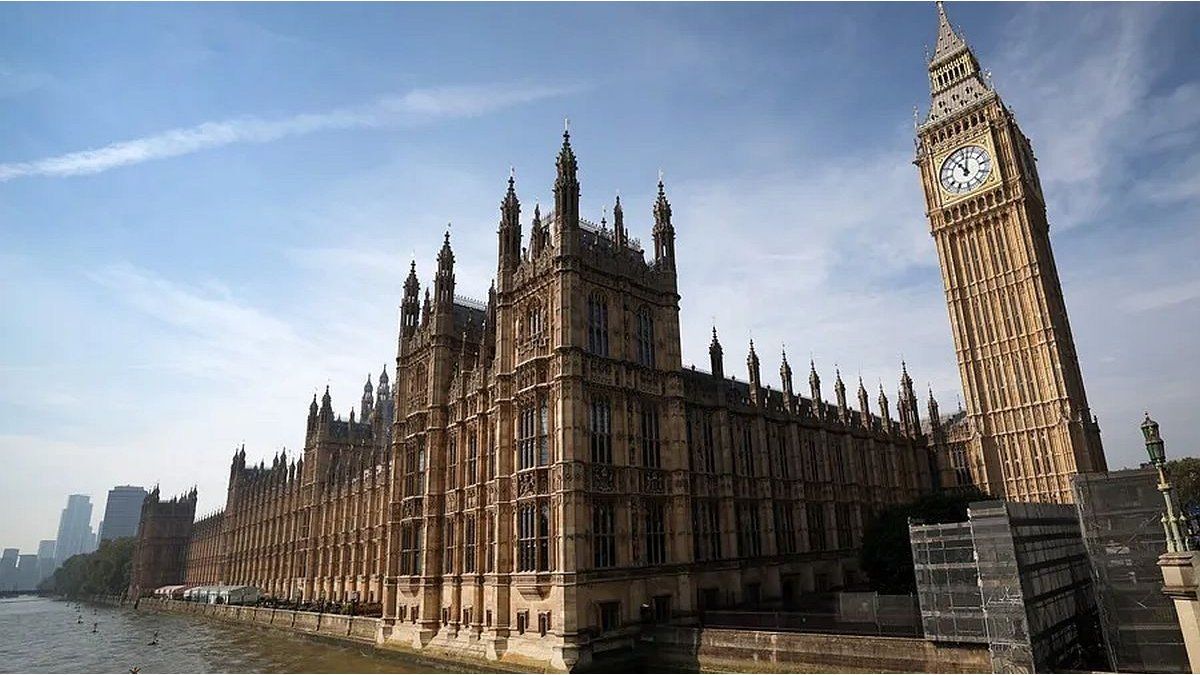South America’s second largest economy is struggling with inflation, poverty and debt. A self-proclaimed “anarcho-capitalist” wants to transform the country. The promises are particularly well received by young people.
Amid a severe economic crisis, Argentines have elected a new president. The libertarian populist Javier Milei was considered the favorite in the first round of voting. The self-proclaimed “anarcho-capitalist” wants to introduce the US dollar as legal tender, abolish the central bank and many ministries and radically cut social spending.
The candidate from the La Libertad Avanza (Freedom Advances) party ran against incumbent Economy Minister Sergio Massa from the left-wing Unión por la Patria (Union for the Fatherland) and former Interior Minister Patricia Bullrich from the conservative opposition Juntos por el Cambio (Together for the Fatherland). change).
If Milei wins the election with his market-liberal program, it would be a real turnaround for Argentina. For over 20 years, the left-wing Peronists have largely set the tone in the South American country, the state intervenes massively in the economy, public services are heavily subsidized and in many provinces more workers are employed in the public sector than in the private sector.
Voting from 16 years of age
Milei is particularly well received by young people – and in Argentina they can vote from the age of 16. Despite his radical proposals, the economist would probably have to make compromises if he won the election. His party will not have its own majority in Congress, and the political outsider also lacks qualified personnel to fill important positions.
South America’s second largest economy is in a deep economic crisis: the inflation rate is 138 percent, and around 40 percent of the people in the once rich country live below the poverty line. Argentina suffers from a bloated state apparatus, low industrial productivity and a large shadow economy that deprives the state of much tax revenue. The national currency, the peso, continues to lose value against the US dollar and the mountain of debt is constantly growing.
To win the election outright in the first round, a candidate must receive at least 45 percent of the vote, or 40 percent of the vote and ten percentage points ahead of the runner-up. If none of the candidates can prevail in the first round, the two strongest candidates will go to the runoff election on November 19th. The future president takes office on December 10th.
Source: Stern
I have been working in the news industry for over 6 years, first as a reporter and now as an editor. I have covered politics extensively, and my work has appeared in major newspapers and online news outlets around the world. In addition to my writing, I also contribute regularly to 24 Hours World.




